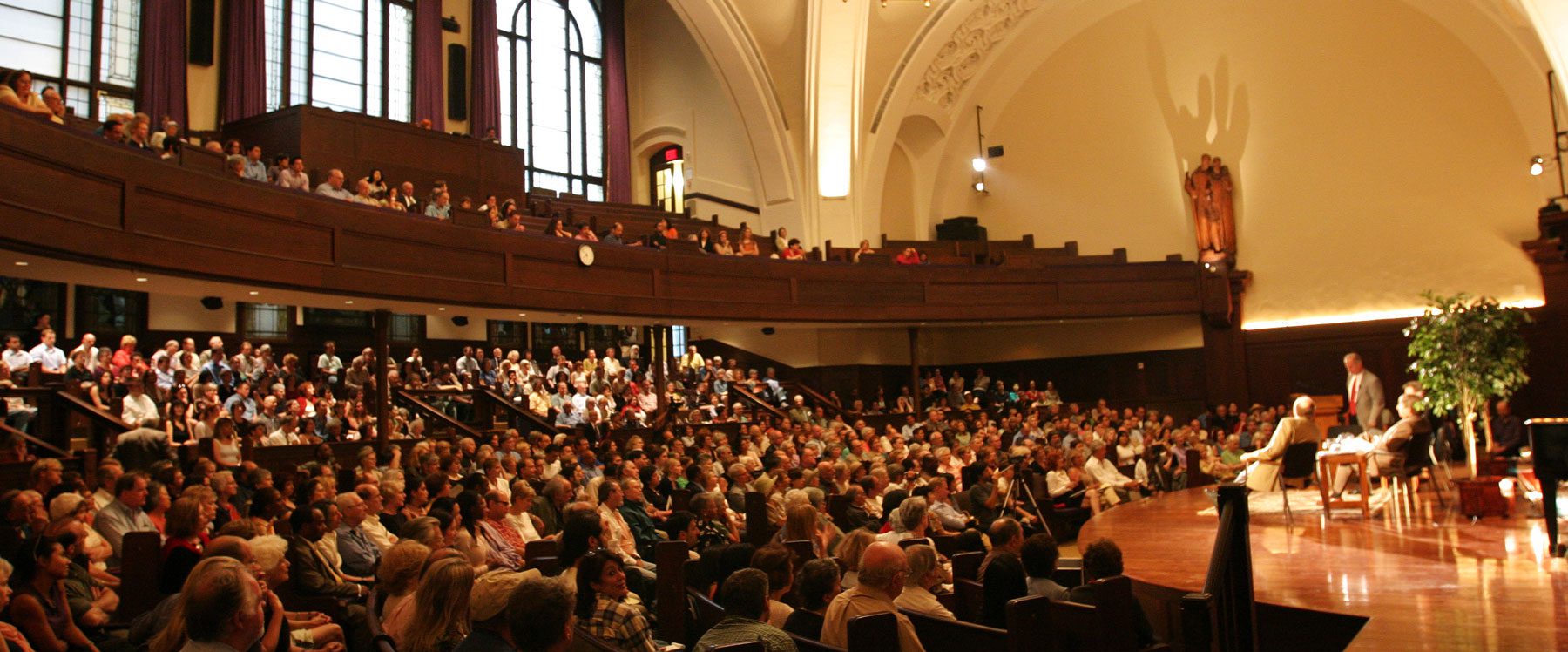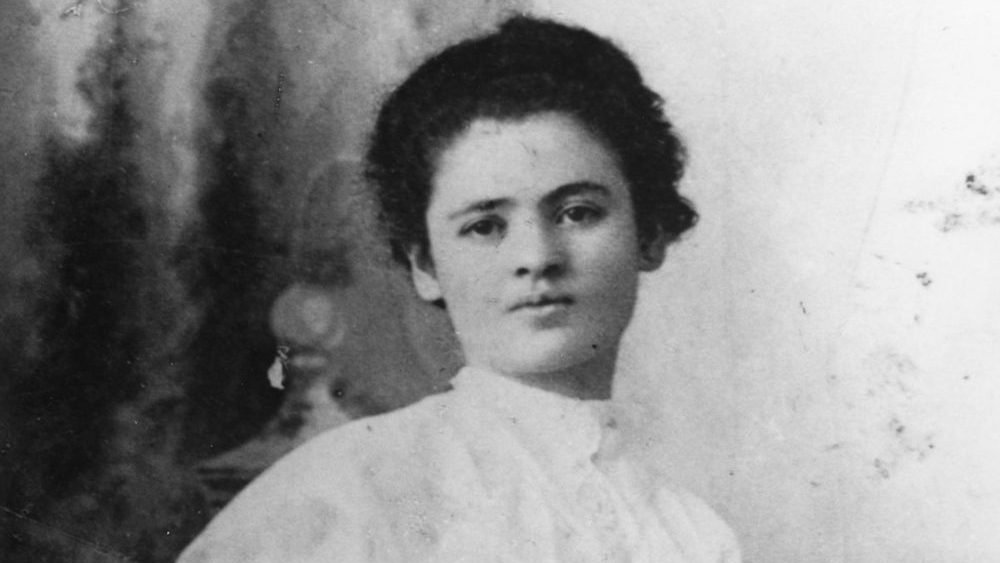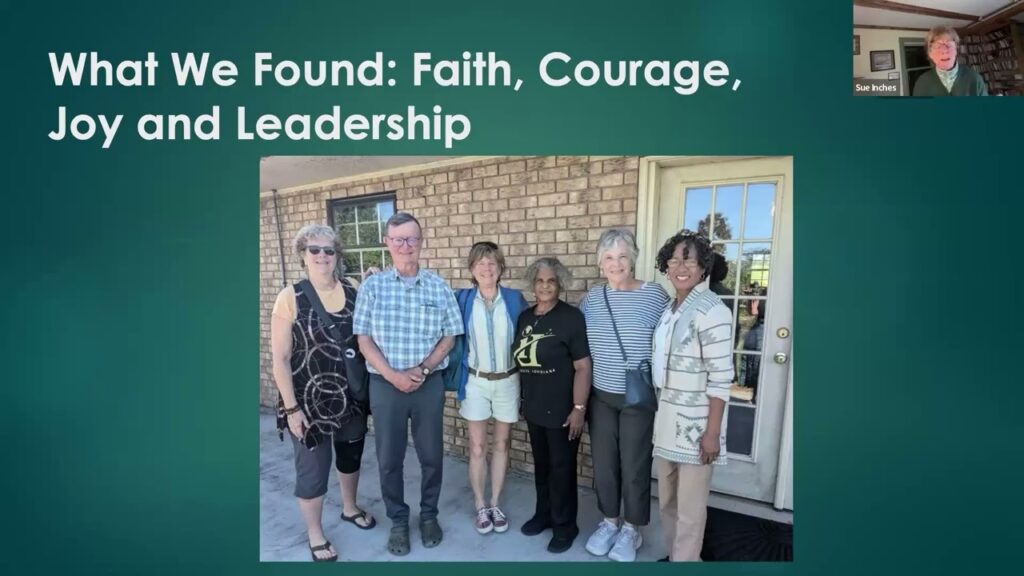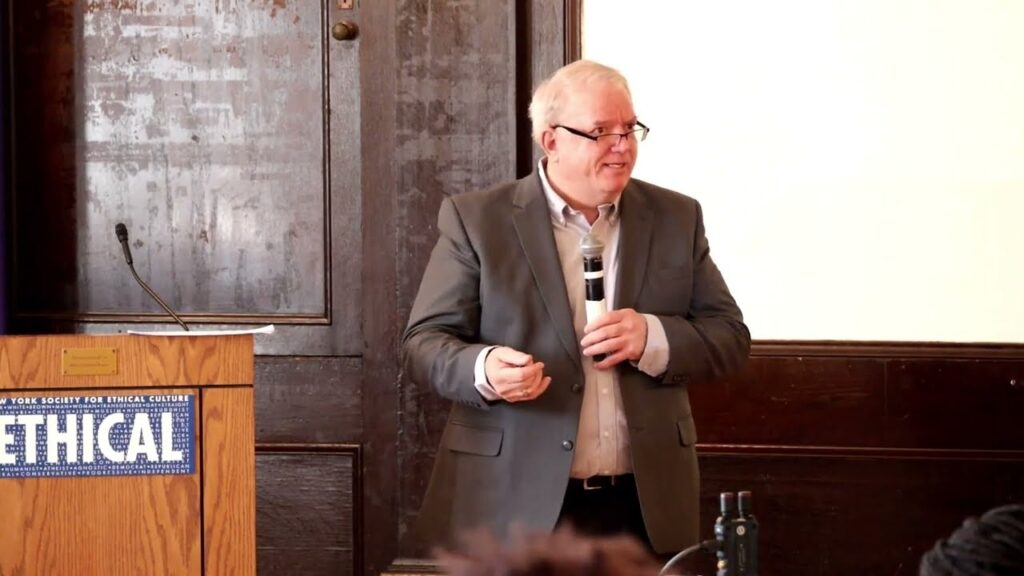
On the morning of January 5, Mayor Bill DeBlasio reinstituted an event started by his predecessor, Mayor Michael Bloomberg: the annual Interfaith Breakfast. I’m glad he did. It’s an important tradition that brings together hundreds of clergy, from across all five boroughs, to the New York Public Library to hear about the city’s initiatives to help the neediest New Yorkers – and ask for our support. It’s a call for compassion.
Mayor DeBlasio focused primarily on mental health, affordable housing and homelessness, as well he should, given the appalling statistics. According to the Coalition for the Homeless, “In November 2015, there were 59,929 homeless people, including 14,476 homeless families with 23,912 homeless children, sleeping each night in the New York City municipal shelter system.” Thousands more sleep on city sidewalks. People with serious mental illnesses find the tight shelter quarters, with their rules and regulations and as many as a hundred beds in a single room, daunting. “You are the necessary allies,” he told us.
As I chatted with the clergy at my table – friends I have met through our social justice work – and listened to the reflections of colleagues from different faith traditions on the stage, I recalled the words of Karen Armstrong, founder of the global movement, The Charter for Compassion: “A compassionate city is an uncomfortable city! A city that is uncomfortable when anyone is homeless or hungry. Uncomfortable if every child isn’t loved and given rich opportunities to grow and thrive. Uncomfortable when as a community we don’t treat our neighbors as we would wish to be treated.”
The early work of the Charter, which was launched in 2009, focused on building a network of cities. It has now grown to include other communities, large and small, that want to put compassion at the heart of their activities. The Compassionate Communities program doesn’t issue a certificate or seal of approval. Nor does it promote one way of practicing compassion. Instead it recommends that a process be designed and implemented by a diverse and inclusive coalition of people so that all voices are heard and all needs addressed. Each community conducts its own evaluation of what is “uncomfortable” in its unique culture, recognizing which issues cause pain and suffering to its members. The Charter’s goal is to support communities whose members are moved by empathy to take compassionate action in making the well-being of the entire community their priority.
I entreat our mayor to join this program. He made an excellent start by fulfilling a campaign promise to provide free universal pre-kindergarten. This fall an estimated 65,000 children enrolled in the program, at a cost of $400 million, putting New York City at the forefront of a movement that is slowly catching on in other cities. As DeBlasio said in an interview on National Public Radio, “Look, this is a tough place to do this. This is a school system with a lot of kids living in poverty, a lot of kids who are English-language learners, a lot of kids with special needs, but it’s working.” His administration has also undertaken a comprehensive approach to tackling income inequality by increasing the city’s Fair Wages for New Yorkers Act, expanding paid sick leave to 500,000 more workers, creating new workforce development programs, and working with a broad coalition to secure local control of minimum wage from Albany.
Imagine how much more the Mayor, City Council members, city agency heads and borough presidents could accomplish if they explicitly and intentionally prioritized compassion. Yes, many of his initiatives work, and he faces many challenges to make others work, too. Politics – party and personal – play a major role. What if compassion played a more important role than politics? What if the empathy of every New Yorker could be motivated and mobilized? I believe it could work, and that is why I have requested to be included in the Mayor’s Clergy Advisory Council. I enjoy the annual breakfasts, but Ethical Humanism needs to be added to what is described as “a diverse set of local clergy tasked with liaising between members of the Administration and local faith communities.” Don’t you agree?







